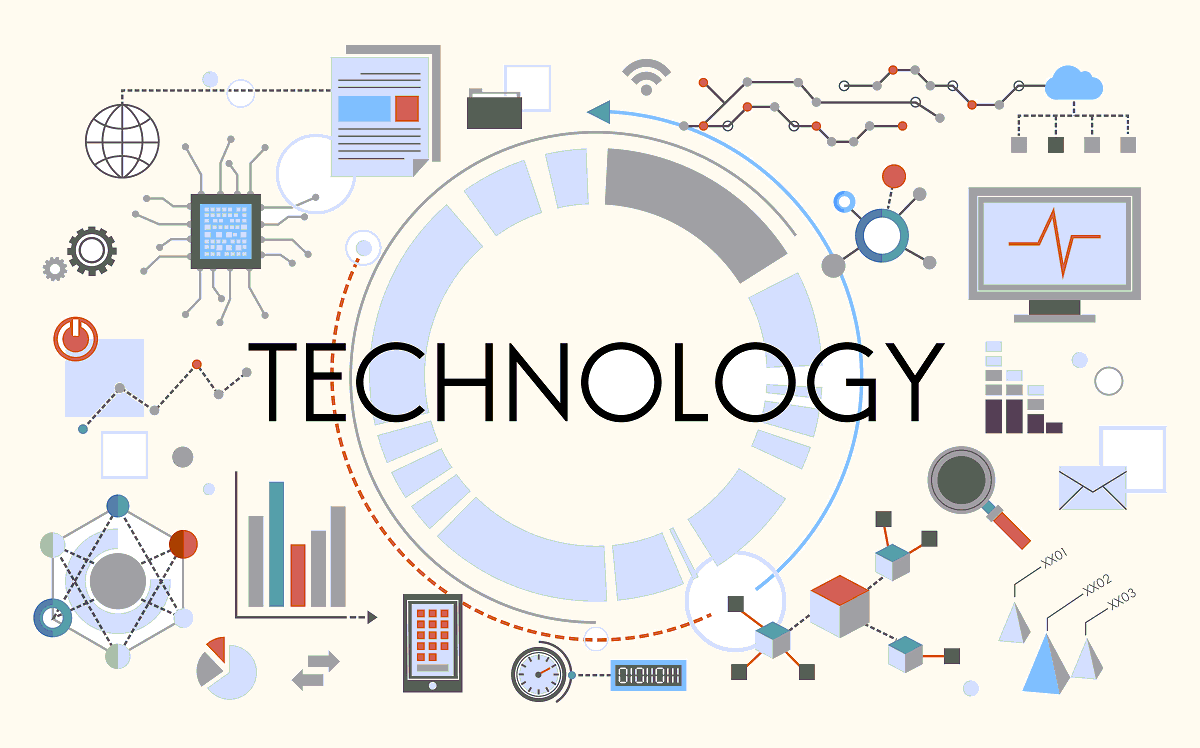
Information and Communication Technology (ICT) has been at the forefront of a digital revolution that has impacted almost every aspect of modern society. The impact of ICT on the global economy has been significant, and its adoption has been widely recognized as a key driver of economic growth and development. In this article, we will explore the relationship between ICT and economic development and examine its impact on job creation, productivity, and more.
Role of ICT in boosting economic growth and development:
The integration of ICT into the economic and business processes has revolutionized the way in which goods and services are produced and delivered. This has led to increased efficiency and productivity, and has resulted in higher economic growth and development. According to a report by the World Bank, countries that have adopted ICT have seen a 2% increase in economic growth.
Relationship between technology adoption and economic growth:
The relationship between technology adoption and economic growth is complex, and the impact of ICT on economic growth varies from country to country. However, studies have shown that ICT adoption has a positive impact on economic growth, particularly in developing countries. The adoption of ICT has been found to lead to increased innovation, entrepreneurship, and competitiveness, all of which contribute to higher economic growth.
Impact of ICT on job creation and employment:
The impact of ICT on job creation and employment has been significant. The integration of ICT into the workplace has led to the creation of new jobs in the technology sector and has also led to the re-skilling of workers in traditional sectors. ICT has also enabled businesses to expand their reach and has increased the demand for skilled workers in areas such as e-commerce and digital marketing.
Benefits of ICT for small and medium-sized enterprises (SMEs):
Small and medium-sized enterprises (SMEs) have been particularly benefitted from the adoption of ICT. The integration of technology into their operations has enabled SMEs to increase their efficiency and productivity and has also enabled them to reach a wider audience through e-commerce. In a survey of SMEs, it was found that companies that adopted ICT saw an average of 20% increase in productivity.
Role of government policies in promoting ICT adoption and its impact on the economy:
Governments play a crucial role in promoting ICT adoption and its impact on the economy. Government policies such as tax incentives, subsidies, and regulations that promote the adoption of ICT can have a positive impact on the economy. In addition, governments can also provide support for the development of the technology sector and for the training of workers in ICT skills.
A case study of China's ICT adoption highlights its significant contribution to the country's rapid economic development. The government has implemented policies to support the development of the technology sector, and this has led to the creation of a thriving technology industry and an increase in the number of skilled workers.
Governments can also develop policies to encourage the use of technology in specific industries. For example, they can provide incentives to businesses in the agriculture sector to adopt technology to improve crop yields and reduce waste. They can also invest in infrastructure to improve internet access, especially in rural areas.
Challenges faced by Developing Countries in Adopting ICT
While ICT has been a catalyst for economic growth and development in developed countries, many developing countries still face challenges in adopting these technologies. One of the main challenges is the high cost of technology and infrastructure. Developing countries often lack the resources to invest in the latest technologies, which can limit their ability to participate in the digital economy.
Another challenge faced by developing countries is the lack of skilled workforce. Many of these countries have a shortage of trained personnel who can work with the latest technologies, which can make it difficult for them to adopt and implement new technologies.
The digital divide is another challenge faced by developing countries. This refers to the gap between people who have access to the internet and those who do not. In developing countries, a large portion of the population is still not connected to the internet, which limits their access to information and technology, and their ability to participate in the digital economy.
Conclusion
In conclusion, the impact of Information and Communication Technology (ICT) on economic development has been significant. The integration of technology has become a driving force for economic growth and development and has contributed to increased productivity, job creation, and overall economic growth.
While developing countries face challenges in adopting ICT, with the right policies and support, they can still participate in the digital economy and benefit from the many advantages of technology. As technology continues to evolve and advance, it is important for businesses, policymakers, and individuals to embrace it and find ways to harness its full potential for economic development.
"The integration of technology has become a driving force for economic growth and development" - United Nations Conference on Trade and Development. With the right policies and support, the impact of ICT on economic development can continue to be positive and transformative for businesses, individuals, and entire economies around the world.
Information Technology




